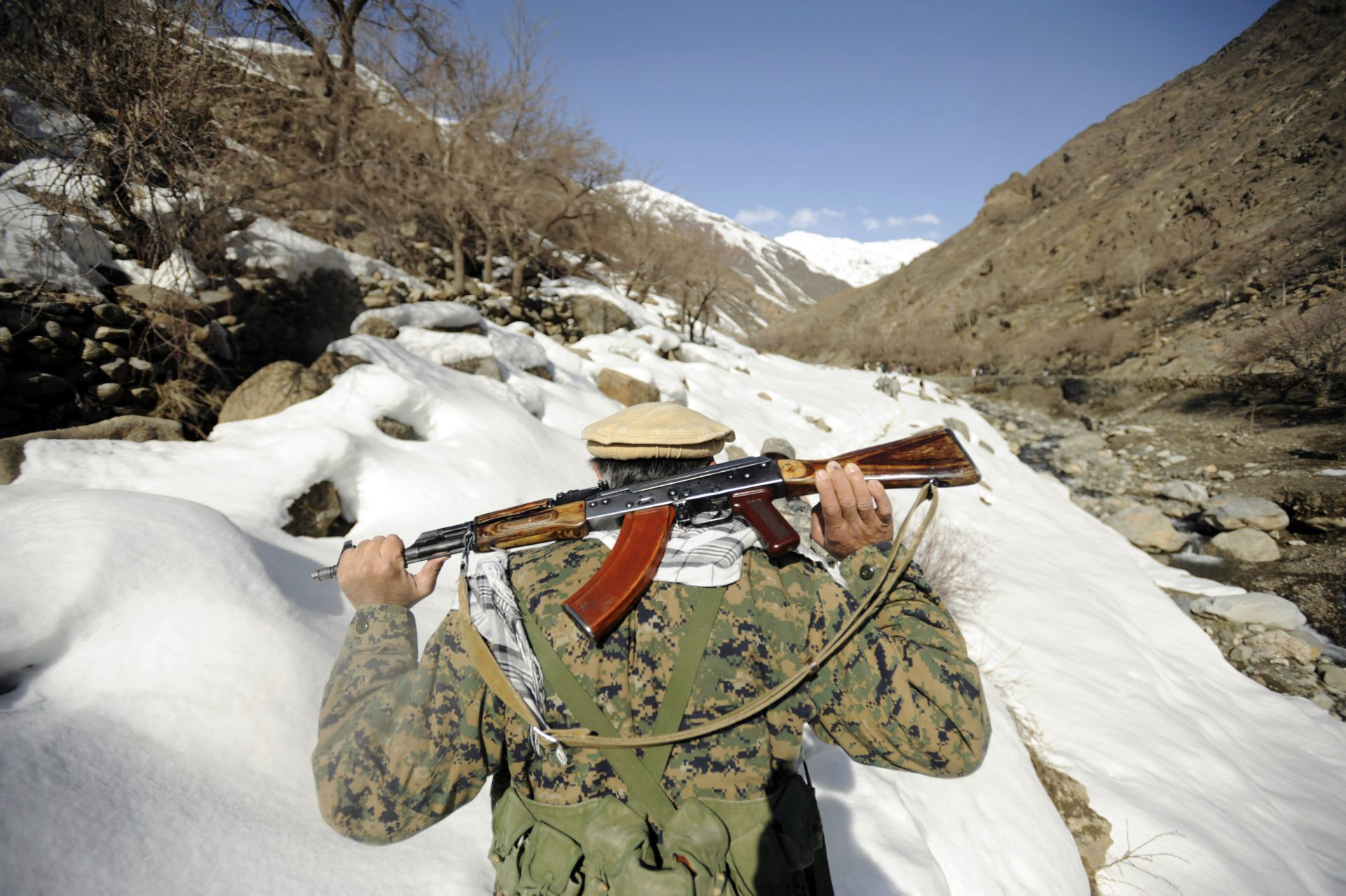Times have been hard for Afghan politicians since August 2021, and there may be more hard times ahead. Ata Noor is a quiet man with an ash-gray beard and hard, pensive eyes. He wears a dark suit with a white shirt unbuttoned at the collar, in an unassuming manner. His three sons, all grown men, trail him. One of them, Tariq, refers to him as “his excellency” whenever he translates for him, instead of using the more familiar term, “my father says.” No spare movement, private conversation or banter passes between them when their father speaks. They seem not only to respect him, but to revere him. For the last 40 years their father has been a man of consequence, someone who commands and is listened to. He is a proud former mujahedeen commander who fought the Soviet Union in the ’80s, an Islamist politician, the governor of Mazar-e-Sharif and purportedly the richest man in the country. It is said that nothing passed through his province, Balkh, that he did not have a say in.
When the Taliban advanced on Mazar-e-Sharif, a city in northern Afghanistan, in August 2021, Noor’s defense of the ancient city failed and he fled to Dubai; the Afghan national army melted away and his militias retreated. When the Americans left, most of the opposition figures, warlords and government officials fled abroad to wallow in exile. Yet defeat is not a country that an Afghan politician such as Noor can abide in for long, and even now they plot a comeback. The question is whether they can convince the U.S. to work with them rather than the current victors, the Taliban. And the U.S. must ask whether it imperils the long-term stability of Afghanistan by ignoring them, reducing its own influence in the region and possibly precipitating another civil war. These are hard questions for hard times.
The Taliban made much of their victory over Noor; they had defeated a famous mujahedeen commander who had had his own battalion from the tender age of 19. But somewhere along the line, the Taliban implied, Noor had lost his way; he was an Islamist who no longer fought for Islam. Their victory, then, was divine judgment. There are online videos of the Taliban doing their own version of MTV Cribs. They open up Noor’s mansion for viewers to gawp at; they stroll through his extensive gym, billiard room and large bedrooms, which are beyond the imagination of most Afghans. The underlying message is clear: While poor Afghans groaned under the war, Noor enriched himself, allegedly skimming off the smuggling routes that ran through his province. To Taliban propagandists, the symbolism was unmistakable. Create a free account to continue reading Already a New Lines member? Log in here Create an account to access exclusive content.



